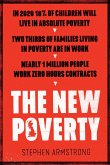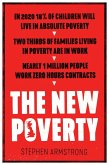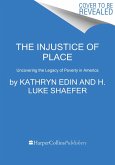
Gebundenes Buch
Uncovering the Legacy of Poverty in America
8. August 2023
HarperCollins
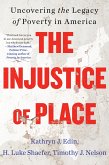
11,99 €
inkl. MwSt. und vom Verlag festgesetzt.
Sofort per Download lieferbar
10,95 €
Sofort per Download lieferbar
Ähnliche Artikel
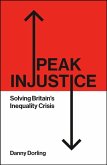
20,99 €
Versandfertig in über 4 Wochen
Broschiertes Buch
Solving Britain's Inequality Crisis
1. Oktober 2024
Bristol University Press
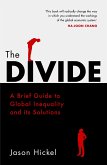
10,99 €
Sofort lieferbar
Broschiertes Buch
A Brief Guide to Global Inequality and its Solutions
17. Mai 2018
Random House UK / Windmill Books
244225,731034
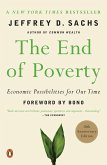
14,99 €
Sofort lieferbar
Broschiertes Buch
Economic Possibilities for Our Time
annotated ed
1. März 2006
Penguin US
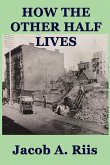
17,99 €
Versandfertig in 1-2 Wochen
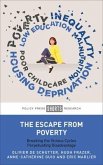
Gebundenes Buch
Breaking the Vicious Cycles Perpetuating Disadvantage
28. November 2023
Bristol University Press
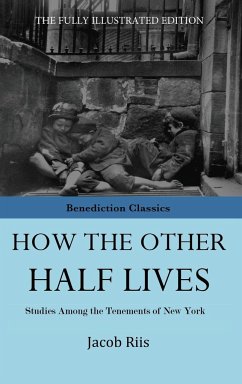
23,99 €
Versandfertig in 1-2 Wochen
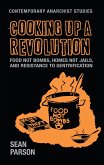
Gebundenes Buch
Food Not Bombs, Homes Not Jails, and Resistance to Gentrification
5. Dezember 2018
Manchester University Press
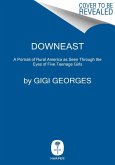
15,99 €
Versandfertig in 2-4 Wochen
Gebundenes Buch
Five Maine Girls and the Unseen Story of Rural America
25. Mai 2021
HarperCollins
Ähnlichkeitssuche: Fact®Finder von OMIKRON

